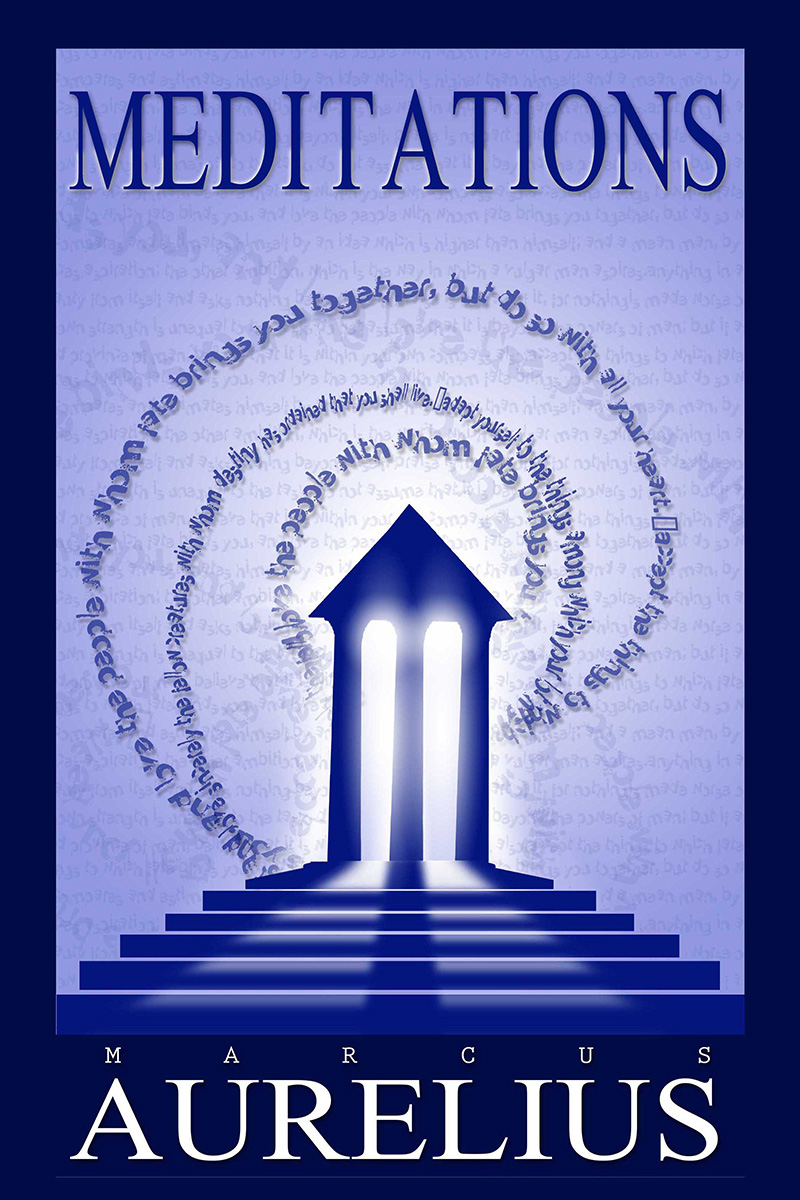Summary
Marcus Aurelius is considered to one of the great Emperors of Rome who was not only a skilled military leader, but also a great philosopher in the Stoic tradition.
Although he spent almost all of his reign on campaigns in foreign territories, he managed to write down his thoughts and these became what are now considered a masterpiece of Roman philosophy, the discourses entitled Meditations.
Marcus wrote them around AD 170 to 180, while on a campaign in central Europe, most probably in what is now Serbia, Hungary and Austria. The 12 books that make up Meditations were not written as an exercise in explaining his philosophy but rather as a personal notebook for self-improvement and study.
Meditations illustrates just how important Epictetus was to Marcus as he quotes the Greek philosopher’s famed Discourses on more than one occasion. Epictetus was a legendary figure in Greek philosophy and many claim he is the greatest of the Stoics; texts that remain in existence from the period suggest that in his native Greece, he was even more popular than Plato.
The book was not written for public consumption but rather as an aid to personal development. Marcus wanted to change his way of living and thinking and to do this he embarked on a set of philosophical exercises. He would reflect on philosophical ideas and by writing them down and by repeating them he hoped to re-programme his mind and find his own philosophy to live by.
One of the key exercises in the book discusses Marcus attempting to look at the world from ‘the point of view of the cosmos’ in a bid to try and look at life and the universe outside of the common and limited parameters of individual concerns.
‘You have the power to strip away many superfluous troubles located wholly in your judgment, and to possess a large room for yourself embracing in thought the whole cosmos, to consider everlasting time, to think of the rapid change in the parts of each thing, of how short it is from birth until dissolution, and how the void before birth and that after dissolution are equally infinite.’ Marcus Aurelius, Meditations

